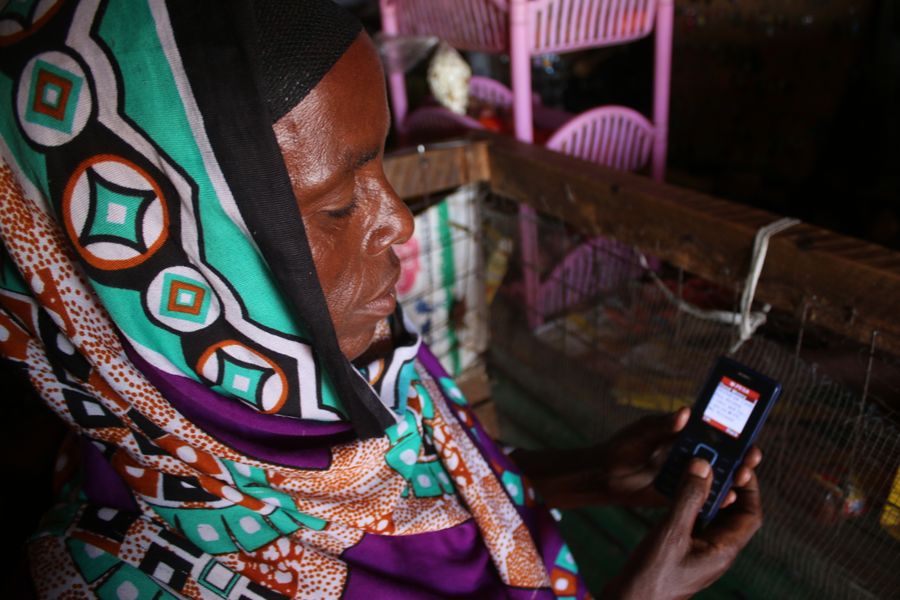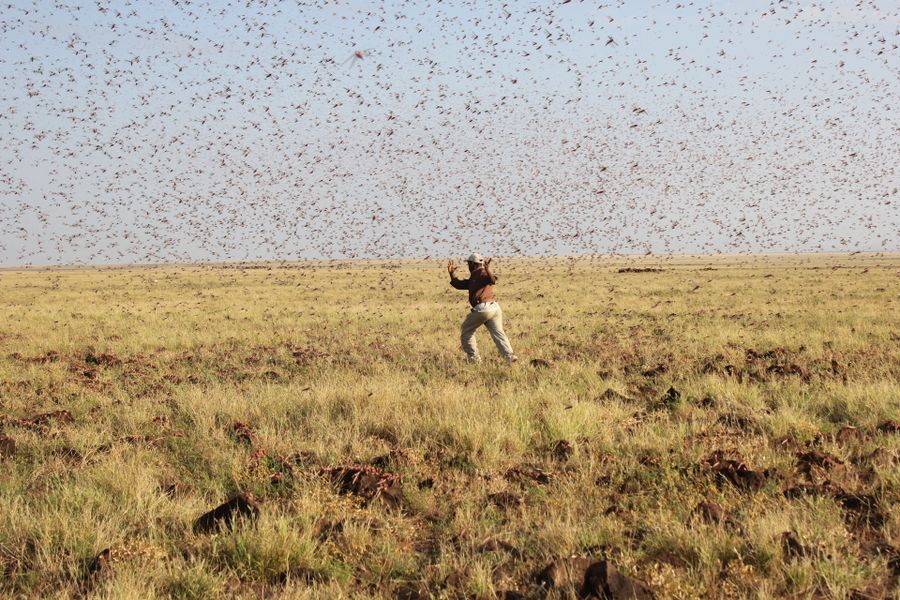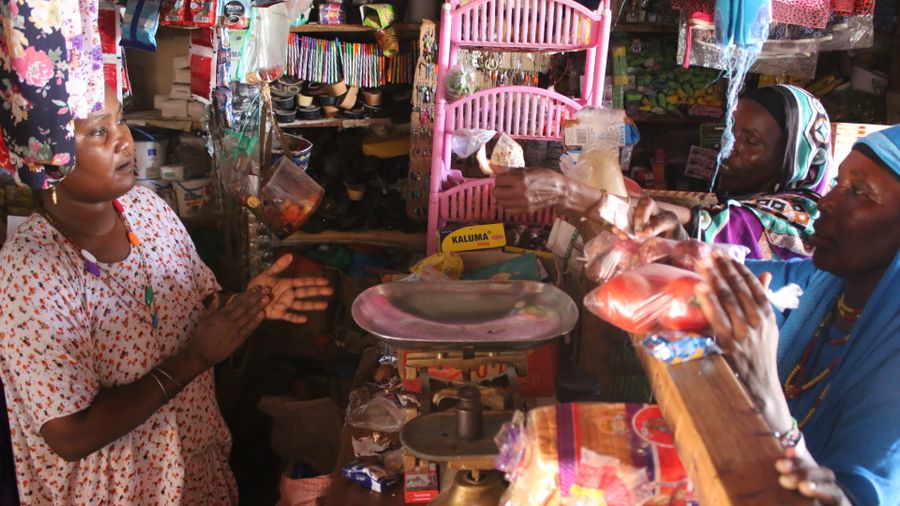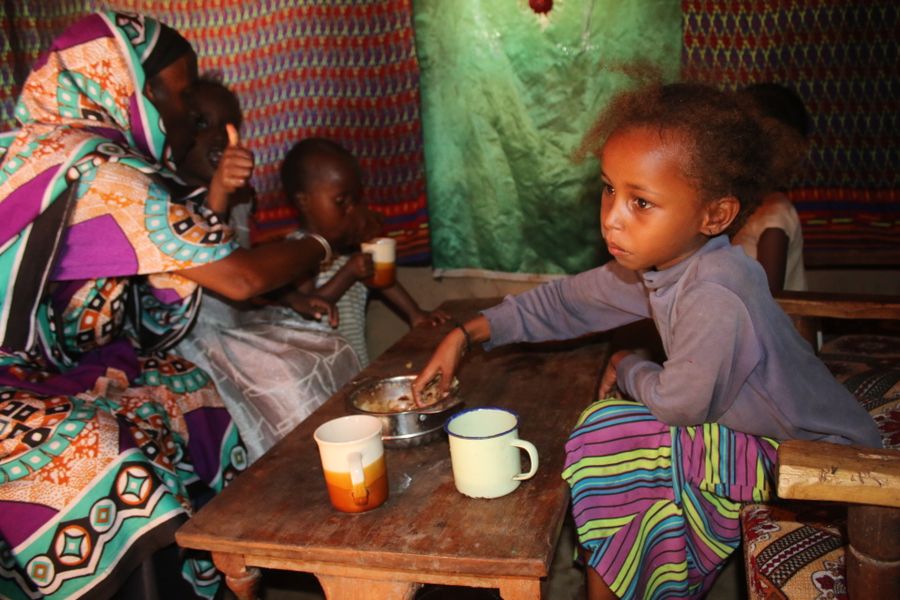Kenya’s locust emergency: A crisis within a crisis

Zoologists have called them desert locusts, but Sallo Gurio Wario thinks of them as just insects. However, millions of these insects, approximately 9 centimeters in size, have been destroying vegetation and threatening millions of lives across East Africa, including Sallo’s hometown in Kenya’s Marsabit county.
“These insects have invaded our village and destroyed all the pastures. This is a big problem for us because our cattle will only give milk and meat if they have enough to eat,” says Sallo, whose family depends on livestock farming. “The insects have now eaten everything. This will affect the milk production of the cows and goats.”
The current infestation of desert locusts first arrived in East Africa last year, affecting Ethiopia, Somalia, Uganda, South Sudan, and Kenya. Parts of Asia including India and Pakistan have also been affected.
Worst infestation in decades

A swarm in Kenya measured 60 kilometers long by 40 kilometers wide, and a typical swarm can consume the same amount of food in one day as approximately 35,000 people. The country has not seen a locust outbreak of this magnitude in 70 years. The Food and Agriculture Organization of the United Nations (FAO) expects that the swarms will continue to devastate crops and pastureland till the end of this year.
Irregular climate patterns in Kenya have enabled desert locusts to reproduce in large numbers over the past few months.
“Last year, the northern region suffered a serious drought which was followed by a period of heavy rainfall and flooding. These are ideal breeding conditions for the locusts,” said Martin Schömburg, Country Coordinator for Malteser International in Kenya. “We are working closely with our partner organization, PACIDA to support the Kenyan government and the FAO in monitoring the swarms and documenting affected areas. This information is essential if the authorities are to effectively manage the crisis.”

Threat of hunger amid coronavirus pandemic
For Sallo Gurio and other herder families in northern Kenya, the locust infestation could mean devastating hunger and loss of livelihood. With support from Germany’s Federal Foreign Office, Malteser International is working with its partner and the FAO to respond to the acute needs of affected communities.
“To help those most affected purchase essentials and compensate for their losses, we are distributing emergency cash using the mobile phone-based money transfer service M-Pesa,” said Schömburg. The cash assistance has helped Sallo Gurio buy basic supplies for herself and her family at the local market.

Communities in Marsabit are, however, not getting a break. The locust emergency has been compounded by the coronavirus crisis and government-imposed restriction to contain the virus.
“Those who have enough money have stocked up on food. The lockdown is forcing people who previously supported others to save what little they have instead of sharing,” said Sallo. “The poorest among us could die of hunger, if there is no help from outside.”








